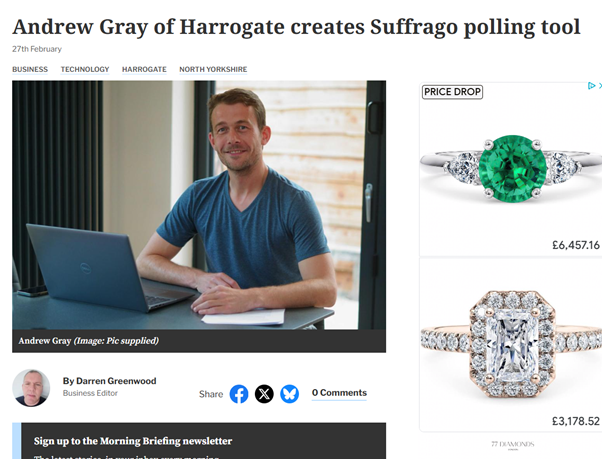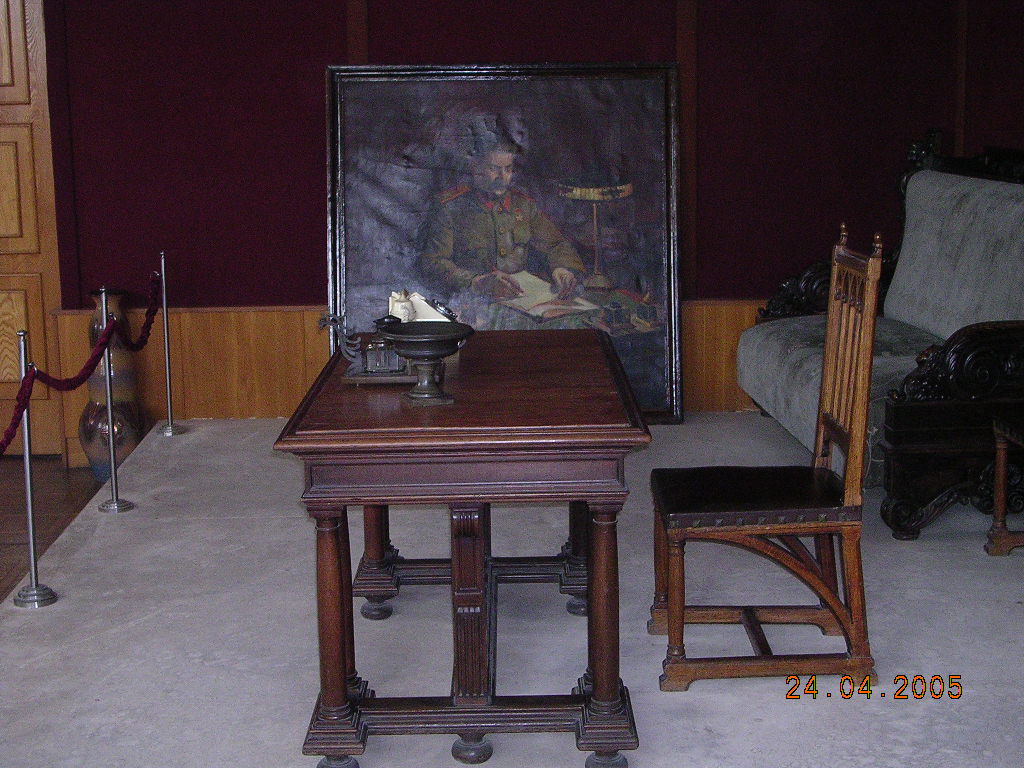Wired-up to a portable ECG monitor whilst I type, I feel like a hybrid human-cyborg. Doubtless this state-of-the art gizmo is cleverly reading all the electrical signals going to my heart, but the contraption’s poor wearability contrasts sharply against the brilliance of the tech. When my heart plays up – or, when I think that it does – I press the green button on a small, dangling pad. The pad is the end point for all the wires criss-crossing my torso. The pad will attach to a belt in such an ungainly manner, wires hanging everywhere. Even more cackhandedly, the pad might just squeeze into a pocket, with the wires protruding as if I’m wearing some form of suicide vest.
Design-wise, clearly what would be optimal is if the pad could be strapped to the body – somehow – because when, say, one needs the bathroom, down goes the trousers, which in turn yanks the pad downwards, straining the wires stuck to my chest. What a palaver! Should the wires become disconnected from the pad, the ECG test fails, to be repeated next week, probably. Showering or bathing is out of the question, which again is a preventable inconvenience. If the pad attached to my chest, then I could then wash waist-down, but no.
Not in the least do I feel put out by this minor imposition, which will only last 36 hours or so, but what has fired me up is that the solution to the dangling pad is so very simple. Over the years hundreds of thousands of people will have gone through this process, but nobody has yet thought to improve its user experience. Why is this? Is it because the user – i.e. me, the patient – doesn’t purchase these things, rather it is the medical practice which does?
………………………………………………………..
Famously, from its seemingly impregnable position as the leading player in video rental back in the 1990s, through foolishness, Blockbuster didn’t become Netflix. When Blockbuster’s CEO recommended to the board that they moved into streaming services, the Board poo-pooed the idea, stating that they made too much money from late returns – returns which wouldn’t happen with a streaming service. Goodbye Blockbuster Video!
Similarly, due to inertia throughout all car manufacturers, a start-up electric car company, founded by someone who knew nothing about cars or manufacturing products, became the most valuable company in the world: Tesla. The other car manufacturers continue to play catch-up. Thank goodness for Elon Musk.
………………………………………
Speaking to a senior paramedic recently, I asked him – just how invaluable did he and his colleagues find the health apps stored on smart phones, available to emergency workers? He had no idea what I was on about, so I showed him what I meant. (If you don’t know, your smartphone should allow you to record some basic health information about yourself, ideal if you’re unconscious and someone needs to know why that might be.)
Of all the thousands of paramedics, most will have smartphones. Of these, many will be aware of the healthcare app functionality and, I imagine, a fair percentage of these will have updated their own information. Despite this, it has not become standard operating procedure for paramedics (and police, we think) to access such information. Why has this happened? It seems so obvious to an outsider. Does the culture of ambulance services stymie positive change?
……………………………………………………….
Since Facebook became omnipresent, most users realise that they are the product; that data is a new currency. The more in-depth a platform knows its users, the better it can allow third parties to sell to their users. Mass data is powerful.
Though the internet is readily available in the West, I am only aware of Stuff That Works as a means of collating vast amounts of data on health conditions and using AI to link various conditions, for the benefit of all humans. This is a new entity, set-up by a lady whose daughter had a chronic health condition. Spending hours scouring the internet for tips, with a background in tech – having helped found the awesome app, Waze – she created this tool which I predict will revolutionise medicine. Watch this space.
But why did the NHS, or a similar organisation somewhere in the world, not create this? Why has an outsider – a non-medic, like with what Elon Musk did with electric cars – create this game-changing health tech, rather than an insider?
…………………………………
Three interconnecting theories spring to mind.
First, as Tony Blair talked about in his famous 1999 speech to the Labour Party Conference – The Forces of conservatism speech – he outlined that in all elements of society, including within the Labour Party itself, forces of conservativism hold back progress. Many people don’t like change, goes the argument, blocking improvements in all sorts of organisations – be they public sector, private or third sector. Conservatism, with a small “c”, delays human development.
Blair said:
“And it is us, the new radicals, the Labour Party modernised, that must undertake this historic mission. To liberate Britain from the old class divisions, old structures, old prejudices, old ways of working and of doing things, that will not do in this world of change.
To be the progressive force that defeats the forces of conservatism.
For the 21st century will not be about the battle between capitalism and socialism but between the forces of progress and the forces of conservatism.
They are what hold our nation back. Not just in the Conservative Party but within us, within our nation.” My underlining.
Blair was right.
Second, as David Epstein argues in Range, often the most successful people in a given field, hadn’t specialised in that field early on in their careers. Citing numerous, compelling examples, Epstein posits that the generalist is more likely to make a breakthrough in a field than someone who has been working in that field for far longer. He says that generalists deploy orthogonal thinking to solve problems, drawing on their wider knowledge of often unrelated areas.
Third, in the case of the ECG machine’s dangling pad, capitalism isn’t at work here in the traditional sense, as the user isn’t directly parting with their money. Had Amazon reviews been an option, the minor adjustments needed for the ECG would have been made long ago.
Well, that’s my take on matters.









